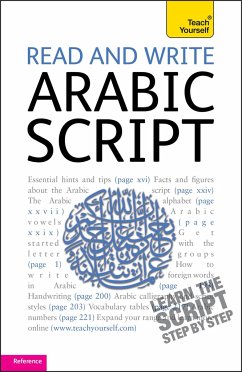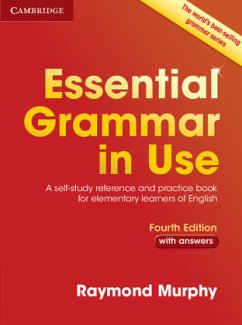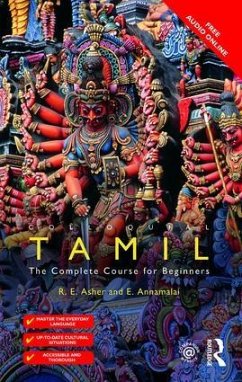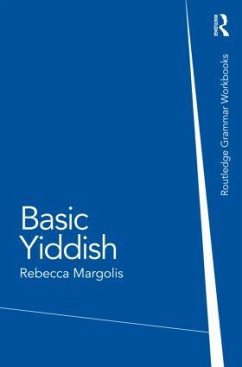
Standard Arabic
An Elementary-Intermediate Course
Versandkostenfrei!
Sofort lieferbar
48,99 €
inkl. MwSt.

PAYBACK Punkte
24 °P sammeln!
This is a comprehensive foundation course for beginning students of Modern Standard Arabic (MSA), emphasising conversational ability as well as reading and writing skills. It includes up-to-date data on the Middle East and North Africa, a substantial Arabic-English glossary, a variety of exercises, and a key. Accompanying cassettes are also available separately.














